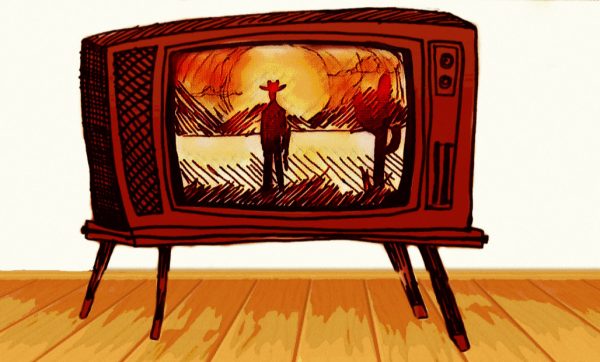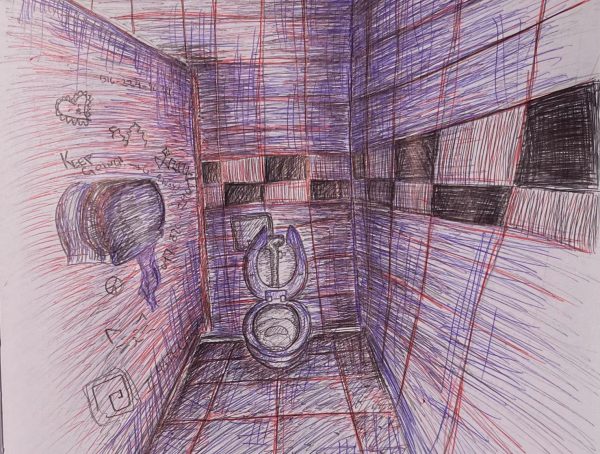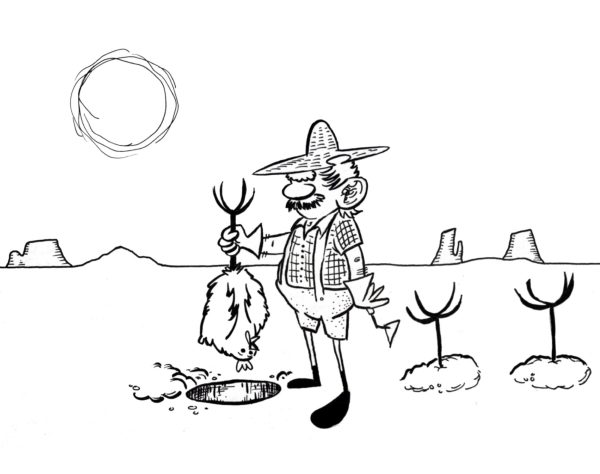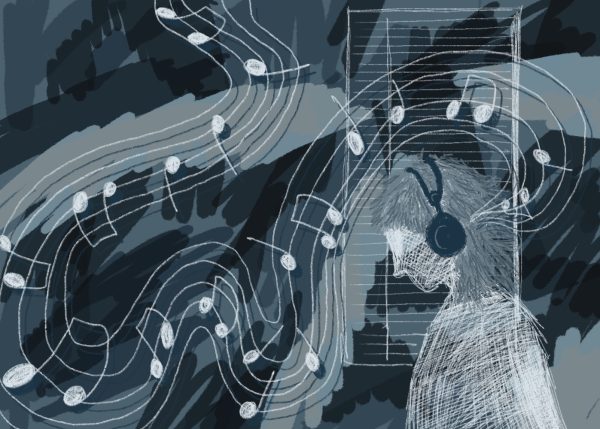Review: “Blockers” falls flat on plot, brings feminism
April 19, 2018
If you enjoy feminist perspectives and John Cena butt chugging beer, “Blockers” might be the film for you.
“Blockers” stars Leslie Mann, John Cena and Ike Barinholtz, and follows three parents as they try to prevent their daughters from losing their virginities on prom night.
Although it might appear to be just another raunchy teen sex comedy at first glance, “Blockers” subverts expectations. It is a thoughtful and absurdly vulgar film about female sexuality and the importance of choices when coming of age.
Inside of the film’s unjudgemental attention to adolescent female experience, there is also a slightly two-dimensional dash of LGBT representation. “Blockers” is relevant, but bogged down by jarring shifts in the script and an over-lit, glossy look.
The filmmaking by Kay Cannon (one of a few of female directors given an R-rated mainstream comedy) is tuned-in to our current generation. But “Blockers’” plotline really doesn’t manage to be smart in any areas beside that.
One of the crucial mistakes of the film — which prevents it from becoming a truly memorable teen comedy — is its attention toward the parents, who act as the protagonists.
The film clearly panders to an older audience, which is strange, as its millennial sensibility stands in contrast. The film belongs to the kids, who carve out the most they can with the material, delivering three-dimensional characters.
The time we spend with the trio of parents (unexciting aside from brief, brilliant moments from Leslie Mann) is time taken away from the teens, whose struggles and desires are the funniest and truest parts of the film and demand to be fleshed out further.
We are instead stuck running around with the parents, waiting for them to catch up to their children’s progressive ideals. When they finally do come around at the end, the moment has lost any sense of insight. Both the teens and the audience have already arrived there long ago.
“Blockers” leaves an impression — not of a new comedic classic in the making, but instead a subtle sign of where comedy filmmaking could be headed.
















